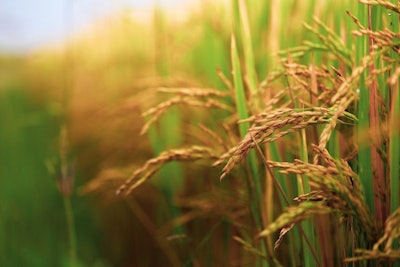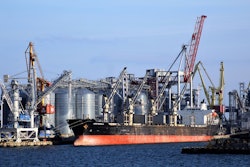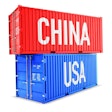
On July 20, India halted its largest rice export category, cutting shipments of the grain by half.
According toreports印度政府说,这是实施禁令non-basmati white rice after retail rice prices climbed 3% in a month after late but heavy monsoon rains caused significant damage to its crops.
India accounts for more than 40% of world rice exports with its shipments going to 140 countries.
In astatement, the Ministry of Consumer Affairs said that it has amended the export policy "in order to ensure adequate availability of non-basmati white rice in the Indian market and to allay the rise in prices in the domestic market.” The ban took effect immediately.
With already low inventories, any cut in shipments could inflate food prices which have already risen because ofRussia leaving the Black Sea grain dealand erratic weather.
Reportsthis week said global rice importers will seek more government-to-government deals to overcome shortages and control skyrocketing prices.
While announcing its export ban last week, India left the door open for such deals, saying it will consider meeting the requirements of countries in need of rice supplies.
African buyers are likely to approach the Indian government for rice sales, and Asian importers, such as Indonesia and the Philippines, could sign government-to-government contracts with the region's top exporters, Thailand and Vietnam. Indonesia has signed an agreement with the Indian government to potentially import 1 million metric tons of rice if theEl Niñoweather patternhits its domestic supplies.
Last year,India banned wheat exportsdue to concerns about high inflation after Russia invaded Ukraine.






















